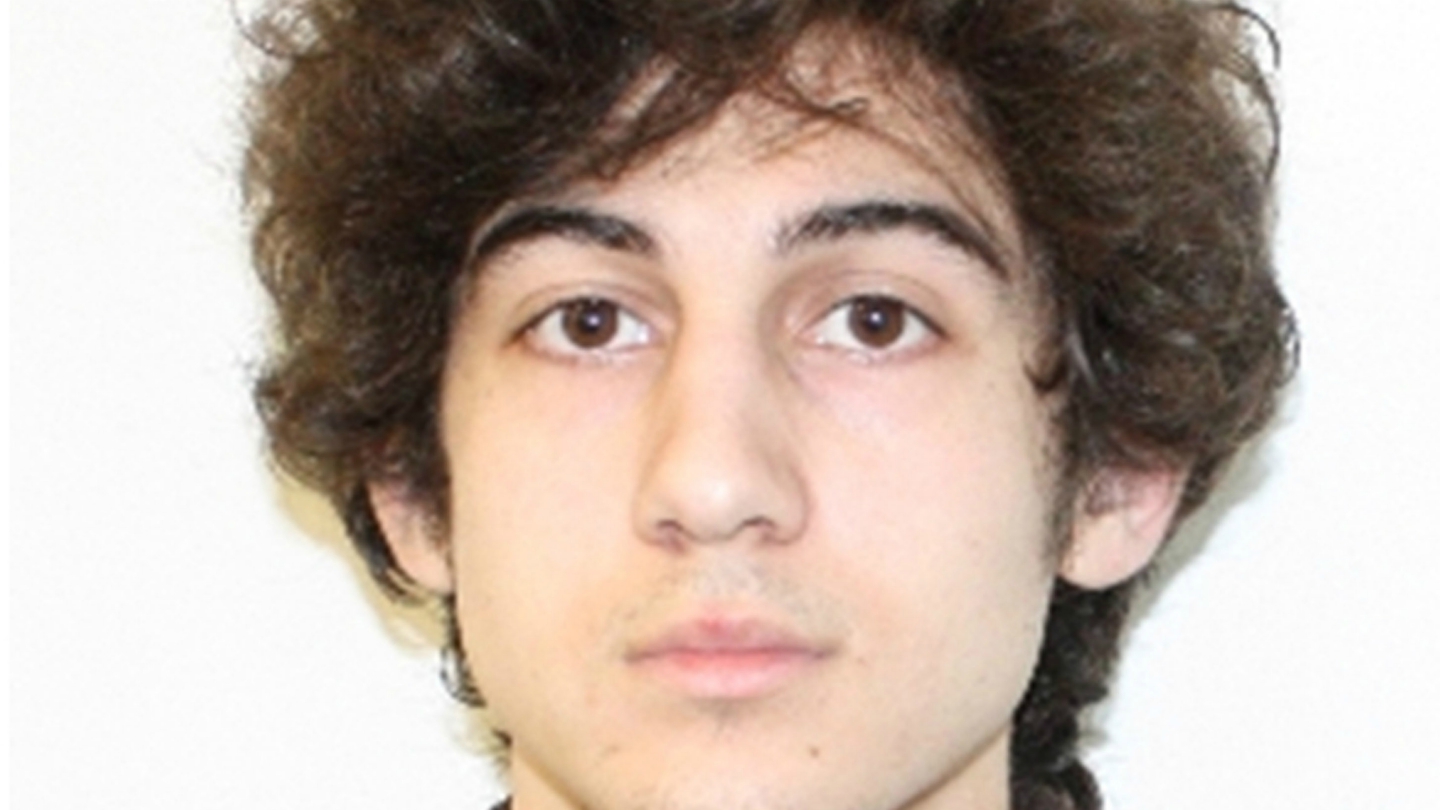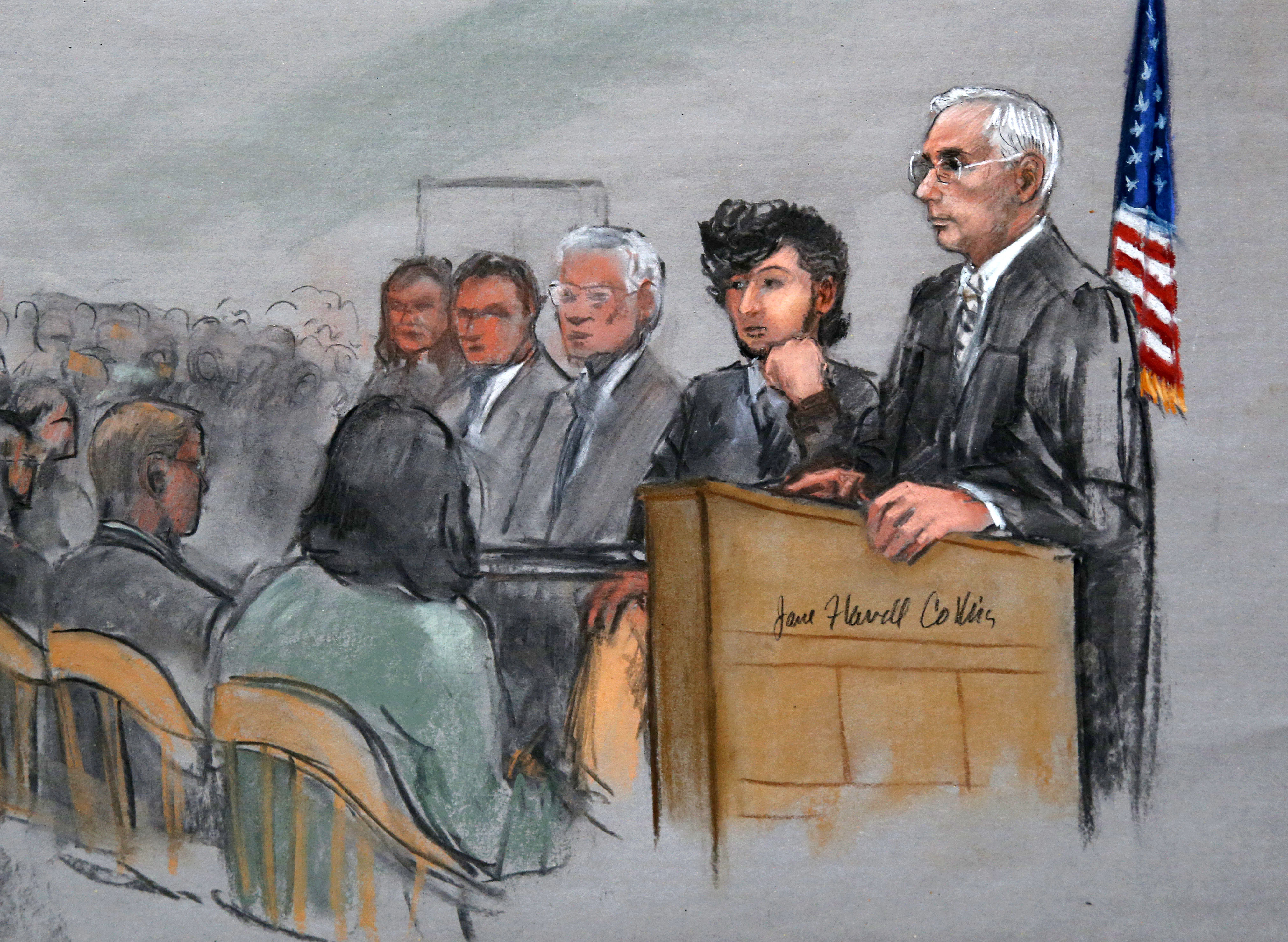Possible juror bias is at the center of a federal appeals court ruling that remands Boston Marathon bomber Dzhokhar Tsarnaev’s case back to U.S. District Court for further examination.
The First Circuit Court of Appeals agreed with Tsarnaev’s attorneys in a 2-1 decision that two of the 12 deliberating jurors involved in sentencing Tsarnaev to death may have lied about social media posts during the jury selection process.
WATCH ANYTIME FOR FREE
Stream NBC10 Boston news for free, 24/7, wherever you are. |
“I don’t think they’re likely to come to a different conclusion than they did previously,” NBC10 Boston legal analyst Michael Coyne said.
Coyne said it’s exceedingly unlikely another judge would overrule the judge who presided over the trial in 2015 – Judge George O’Toole.
Get updates on what's happening in Boston to your inbox. Sign up for our News Headlines newsletter.
“I think the judge did as exhaustive of a job as you could,” Coyne said. “The jury pool was huge. The lawyers and judge had ample questions for the jurors.”
During that jury selection process, one juror allegedly said none of his Facebook friends had commented on the trial.
However, defense attorneys found that one friend had allegedly told him to “play the part” so he could get on the jury and send Tsarnaev “to jail where he will be taken care of.”
Another juror who would become the foreperson allegedly said she had not commented on the case, but the defense team found she had tweeted and retweeted about the bombings 22 times – including one tweet calling Tsarnaev a “piece of garbage.”
Coyne said since all of the jurors selected said they could set aside their knowledge of the case and be fair and unbiased, these social media comments likely wouldn’t rise to the level of disqualifying them.
“That’s a heavy hurdle for him to be able to meet,” Coyne said. “The fact is we don’t expect jurors to come in with no information, or no preconceived ideas about cases.”
The most important thing to note is this does not automatically grant Tsarnaev a new trial, nor does it vacate his death sentence.
Coyne said even in the unlikely event that the judge vacated the death sentence, the government would almost certainly appeal to the U.S. Supreme Court again to try to get it reinstated, before it would ever go back to trial.



